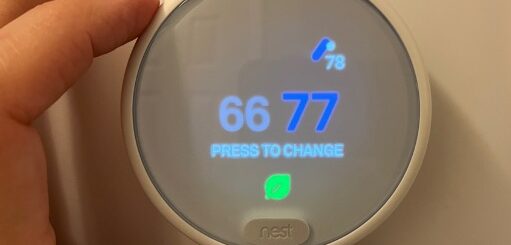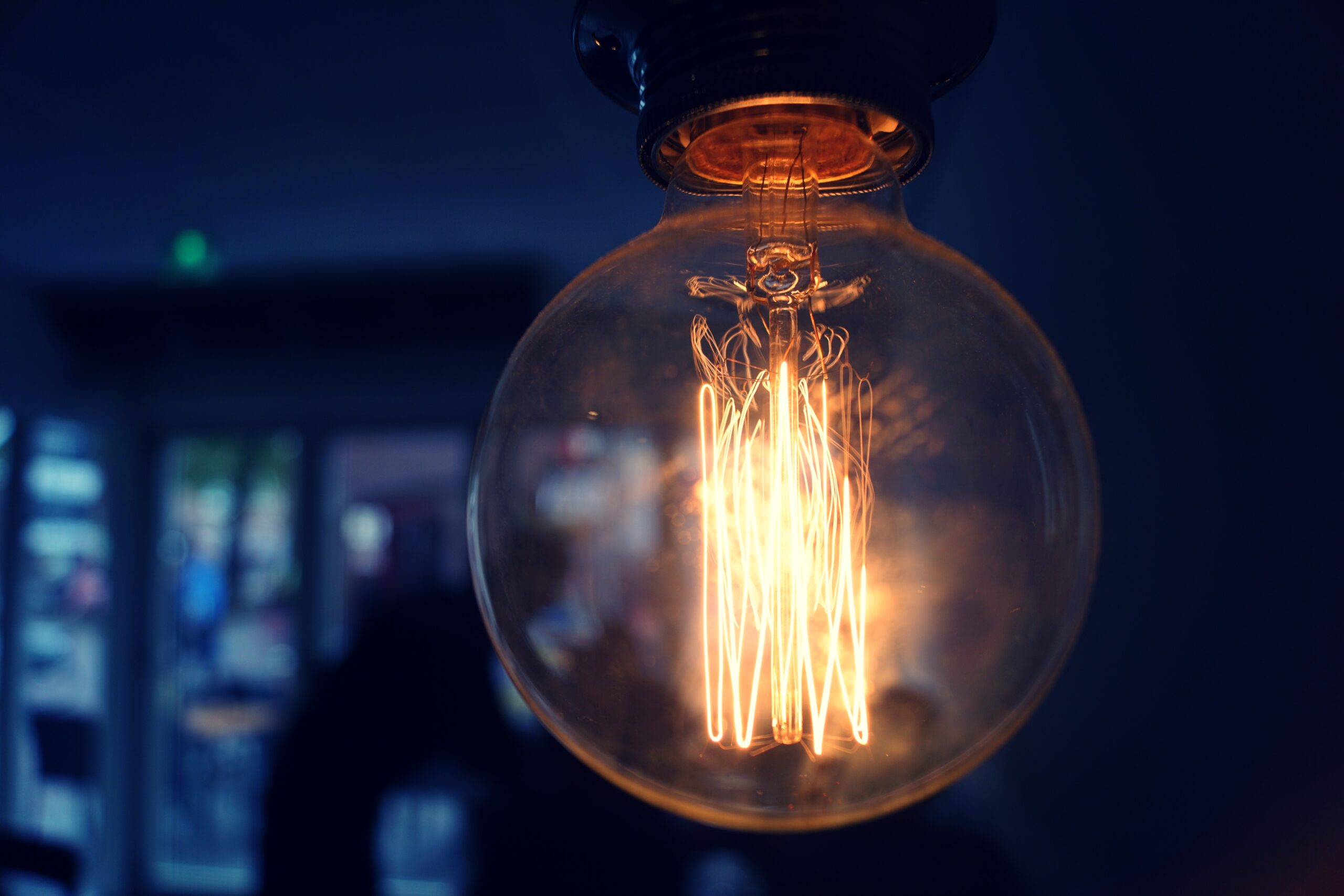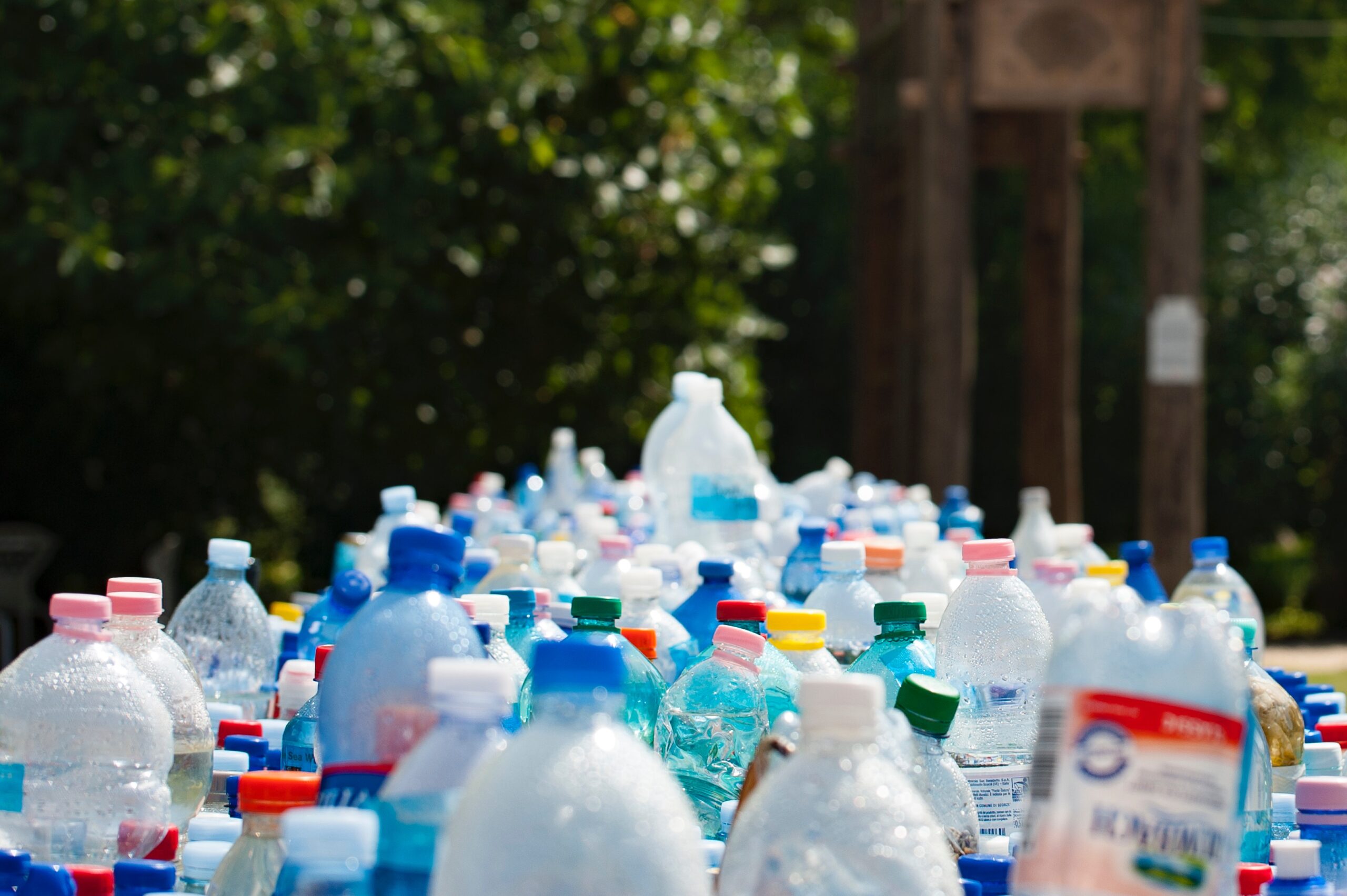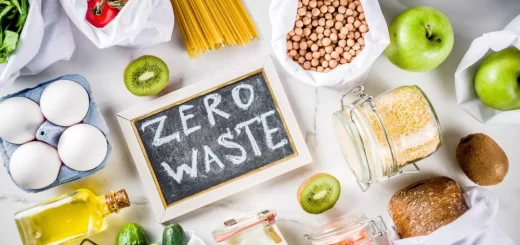Tips to Reduce Home Water Usage
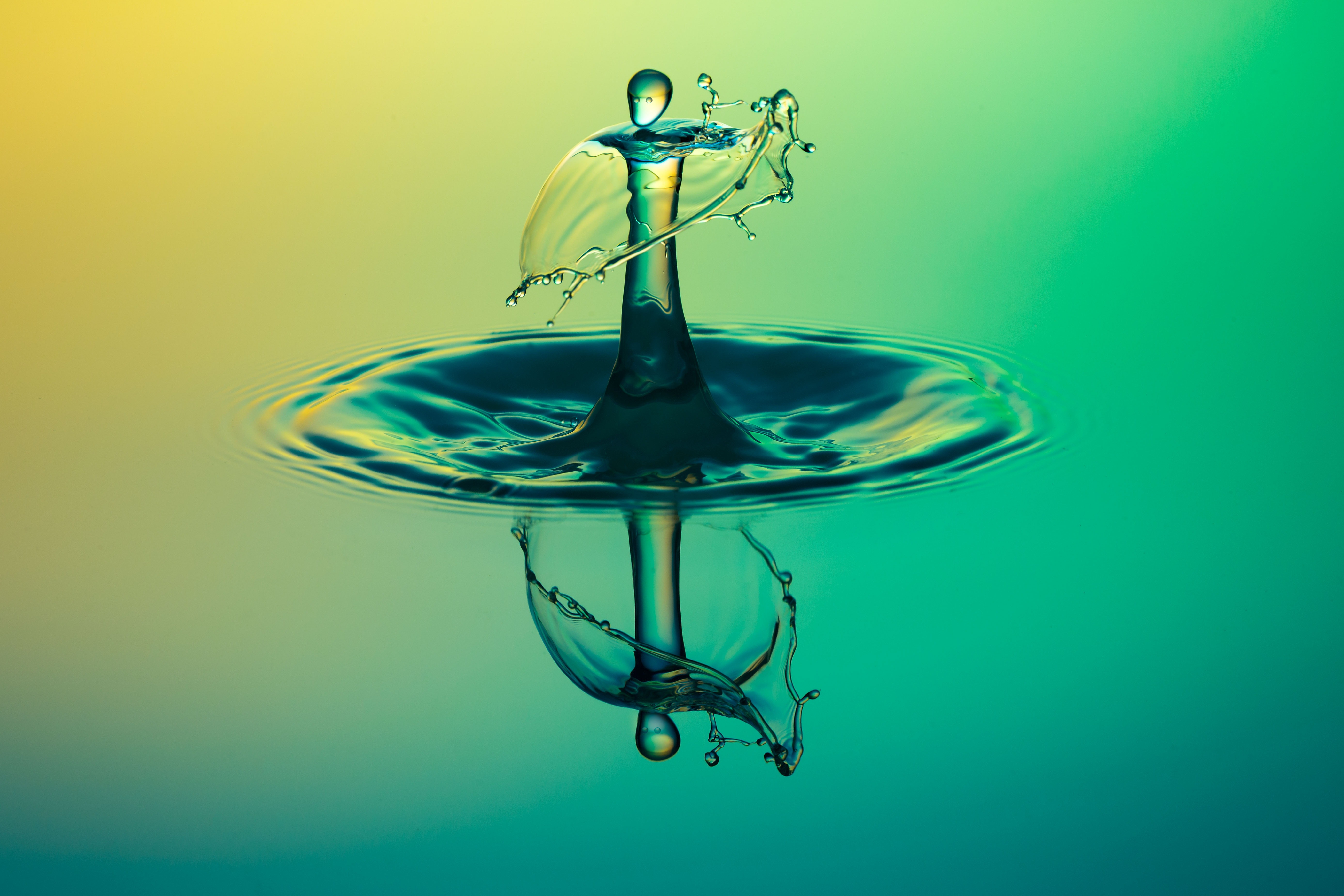
Water conservation is a crucial practice for homeowners to adopt in order to preserve our planet’s most valuable resource. By making simple changes to our daily routines, we can significantly reduce water consumption and contribute to a more sustainable future. Here are some practical things you can do around your home on a daily basis to reduce your household water consumption.
- Fix Leaks and Drips:
Undetected leaks and drips are common culprits of water use in homes. A small leak may seem insignificant, but it can lead to a significant amount of water loss over time. Regularly check faucets, toilets, and pipes for leaks and promptly repair any issues. By fixing leaks, you not only conserve water but also save money on your water bill and you may also prevent costly damage to your home. (1)
- Install Water-Efficient Fixtures:
Upgrading your home with water-efficient fixtures is a practical way to reduce water usage without sacrificing comfort and functionality. Install low-flow shower heads, faucet aerators, and dual-flush toilets. These fixtures are designed to limit water flow while maintaining adequate performance. By implementing this simple change, you can save thousands of gallons of water annually. (2)
- Practice Responsible Lawn and Garden Care:
Outdoor water usage, especially for maintaining lawns and gardens, can be optimized through responsible practices:
a. Water wisely: Water your plants and lawn during the early morning or late evening to minimize evaporation. Adjust your irrigation system to avoid watering paved areas unnecessarily.
b. Mulch and compost: Apply a layer of organic mulch around plants to retain moisture and suppress weed growth. Composting food scraps and yard waste will enrich the soil, reducing the need for excessive watering.
c. Choose drought-tolerant plants: Select native or drought-resistant plant species that require less water to thrive. These plants are better adapted to local conditions and can significantly reduce water usage in landscaping. (3)
- Adopt Water-Smart Practices in the Kitchen:
The kitchen is another area where homeowners can make a substantial impact on water conservation:
a. Run full loads: Utilize your dishwasher and washing machine only when they are full. This reduces the number of cycles and conserves water and electricity.
b. Use water-efficient appliances: Look for ENERGY STAR-rated appliances, such as dishwashers and washing machines, which are designed to use less water and energy.
c. Defrost naturally: Defrost frozen foods in the refrigerator instead of using running water. This saves water and energy simultaneously.
- Capture and Reuse Water:
Maximizing the use of water through capturing and reusing can further enhance conservation efforts:
a. Rainwater harvesting: Install rain barrels or cisterns to collect rainwater from your roof. This water can be used for watering plants, cleaning, or even flushing toilets. It reduces the demand for treated water and conserves valuable resources. (4)
The Importance of Water Conservation:
Water conservation has significance on both small and large scales for several reasons:
- Individual Impact: By conserving water at home, homeowners can reduce their environmental footprint and ensure the availability of water resources for future generations. It also cultivates responsible water usage habits that can be shared with family, friends, and the wider community.
- Community Resilience: Water conservation practices have a cumulative effect on the overall resilience of communities. By reducing water demand, communities can better manage water resources during droughts, water scarcity events, or in regions with limited access to clean water.
- Environmental Preservation: Conserving water contributes to the preservation of natural ecosystems and habitats that rely on adequate water supplies. By minimizing water extraction, we help maintain ecological balance and protect vulnerable species.
- Energy Savings: Water conservation is closely linked to energy conservation. Treating, pumping, and heating water requires significant amounts of energy. By reducing water usage, we indirectly reduce energy consumption and greenhouse gas emissions associated with water supply and treatment processes.
- Economic Benefits: Water conservation not only reduces water bills for homeowners but also has positive economic impacts at larger scales. Efficient water management can help reduce infrastructure costs for water supply and treatment, as well as decrease the need for expensive water-related projects and investments.
Water conservation is an essential practice that every homeowner can adopt to make a positive impact on the environment, their community, and their wallet. By implementing a few or all of the practical tips discussed in this article we can significantly reduce our water usage and contribute to a sustainable future. Remember, every drop counts!
References:
- American Water Works Association. “Fixing Leaks.” Accessed May 2023. https://www.awwa.org/ Resources/Water-Science/Water-Conservation/Fixing-Leaks.
- United States Environmental Protection Agency. “WaterSense.” Accessed May 2023. https://www.epa.gov/watersense.
- National Geographic. “Drought-Tolerant Plants.” Accessed May 2023. https://www.nationalgeographic.com.
- Waterwise. “Rainwater Harvesting.” Accessed May 2023. https://www.waterwise.org.uk/save-water.
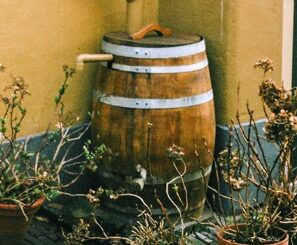
 Rob McCandless
Rob McCandless